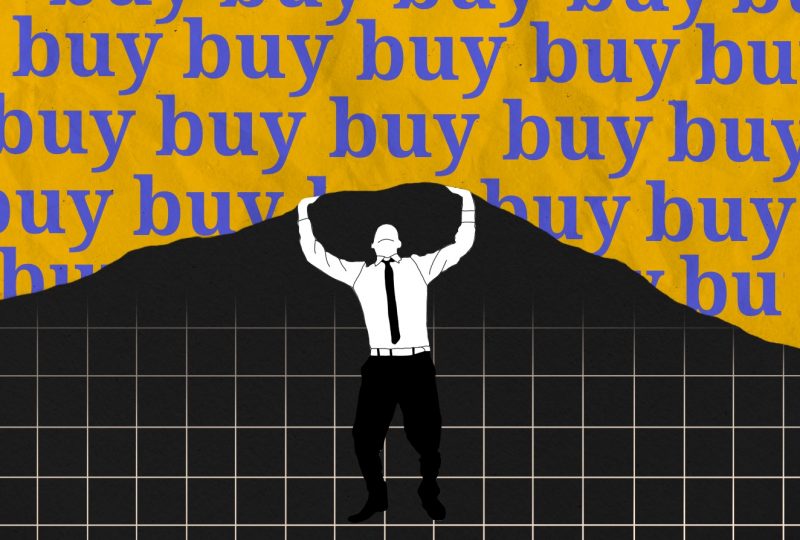4 Companies That Can Benefit From Buying Back More Stock
Feb 24, 2022

Businesses now have far more cash than they had before the outbreak. Yet other companies have yet to restore their stock repurchase plans to their pre-crisis levels, creating a potential opportunity for investors.
Pfizer (PFE), Nike (NKE), Walmart (WMT), and Broadcom (AVGO) are just a few of the firms that have amassed significant cash reserves and are regarded as excellent repurchase candidates. They are flush with cash as a result of the Federal Reserve's dramatic reduction in interest rates, allowing businesses to borrow money to shore up their balance sheets at a period of very uncertain profit forecasts. Then earnings immediately recovered. As a result, companies in the United States collectively held $7 trillion in cash by mid-January, up 40% from the fourth quarter of 2019, according to Bank of America statistics.
That implies that corporations that can utilize that cash to repurchase additional shares can help boost their stock values. When a firm has surplus cash or funds remaining after investing in its business, it can repurchase its own shares on the open market. Fewer outstanding shares equates to better earnings per share. Additionally, because corporations frequently purchase shares at a premium to the market price, investors who sell back to the company receive a favorable price. Shares buybacks can increase the price of a company's stock. More buybacks may be appreciated at a time when the majority of equities are trading below their all-time highs.
Bank of America strategists looked for firms that have more cash on hand than they did pre-epidemic, have investment-grade credit ratings—which make buybacks particularly feasible—and have been repurchasing fewer shares than they did before the pandemic.
Pfizer, which has an A2 credit rating, now has cash on hand of $29.7 billion, up from $9.8 billion in the fourth quarter of 2019. However, in 2020 and 2021, the corporation bought back a net negative $100 million each quarter, indicating that more stock was sold than purchased. This compares to quarterly buybacks of $2.4 billion during 2018 and 2019. The stock is down 23% from its mid-December all-time high. There was no mention of share buybacks during the business's mid-February results call, suggesting that if the company makes an announcement, the price might climb higher.
Nike, which has an A1 credit rating, currently has $15.1 billion in cash, up from $3.5 billion in the fourth quarter of 2019. Between 2020 and 2021, the company's quarterly buybacks totaled $100 million, down from $900 million in 2018 and 2019. The stock is down 23% from its all-time high reached in early November, and the business made no mention of buybacks on its most recent earnings call.
By comparison, Walmart and Broadcom have already discussed expanding their repurchase programs, which may have aided the stock's performance.
Walmart has a credit rating of AA2 with cash on hand of $16.1 billion, up from $9.5 billion in the fourth quarter of 2019. Between 2020 and 2021, it repurchased $1.4 billion of shares each quarter, down from the $1.6 billion quarterly average in 2018 and 2019. The stock is down 10% from its all-time high set in late August. On its mid-February results call, the business stated that it aims to conduct an annual share repurchase program of $2.5 billion each quarter. According to management, this should boost earnings per share growth. The stock has gained about 2% since right before the results, indicating that the buybacks have been somewhat reflected in the market in its price.
Broadcom has a BBB3 credit rating and $12.2 billion in cash, an increase over the pre-epidemic quarter's $6.4 billion. Between 2020 and 2021, it repurchased $200 million of stock each quarter, down from $1.2 billion between 2018 and 2019. The stock is down 15% from its all-time high set in late December. It launched a quarterly share repurchase program of around $2.5 billion in its Dec. 9 results announcement. The stock did spike following earnings; however, it has since fallen back to a pre-level. Buybacks are continuing to make a comeback. This can only benefit stocks.




